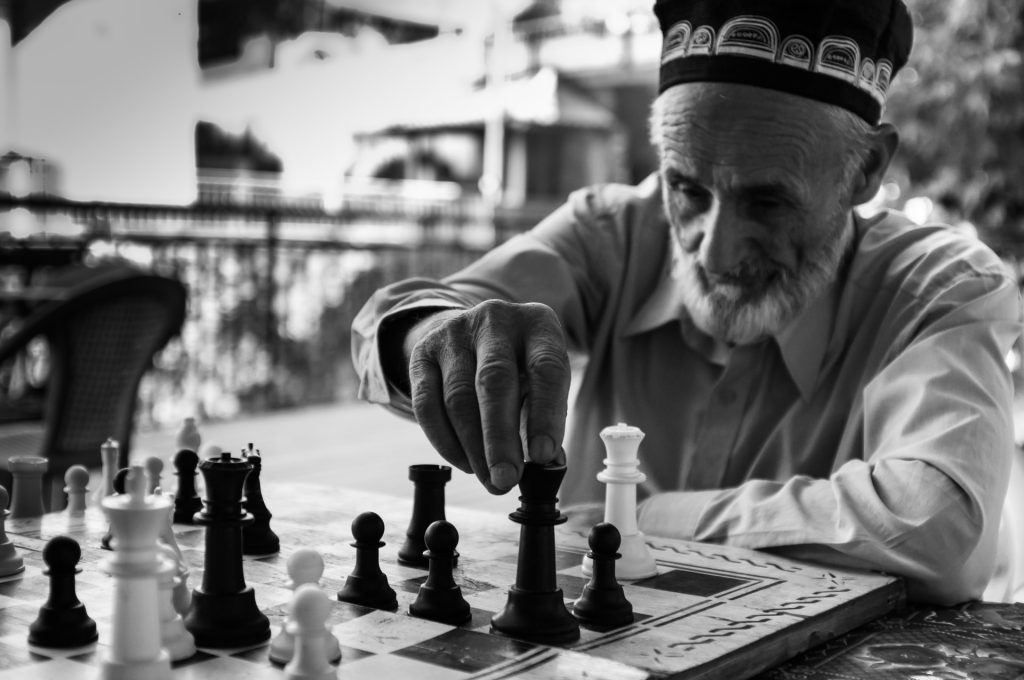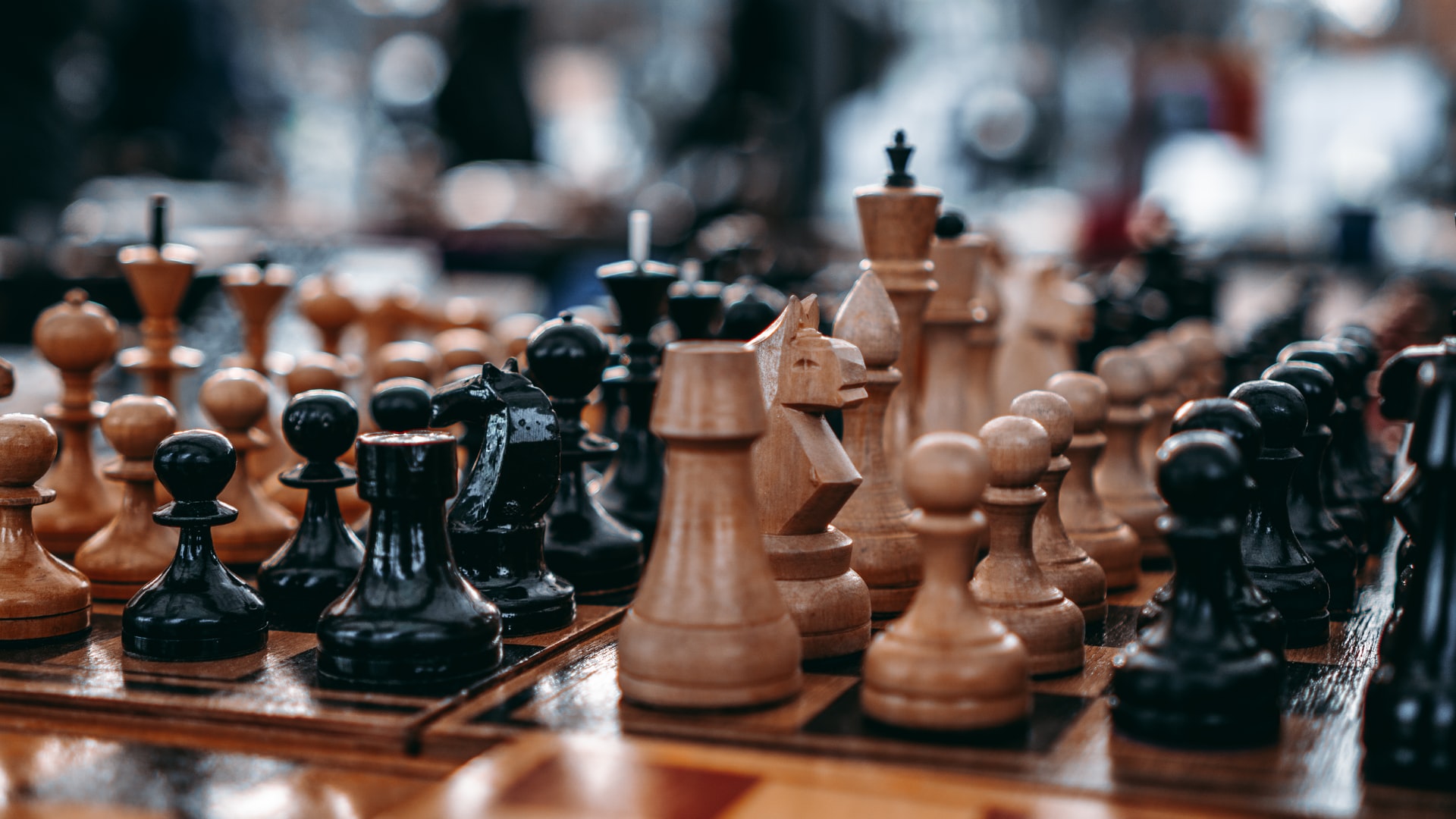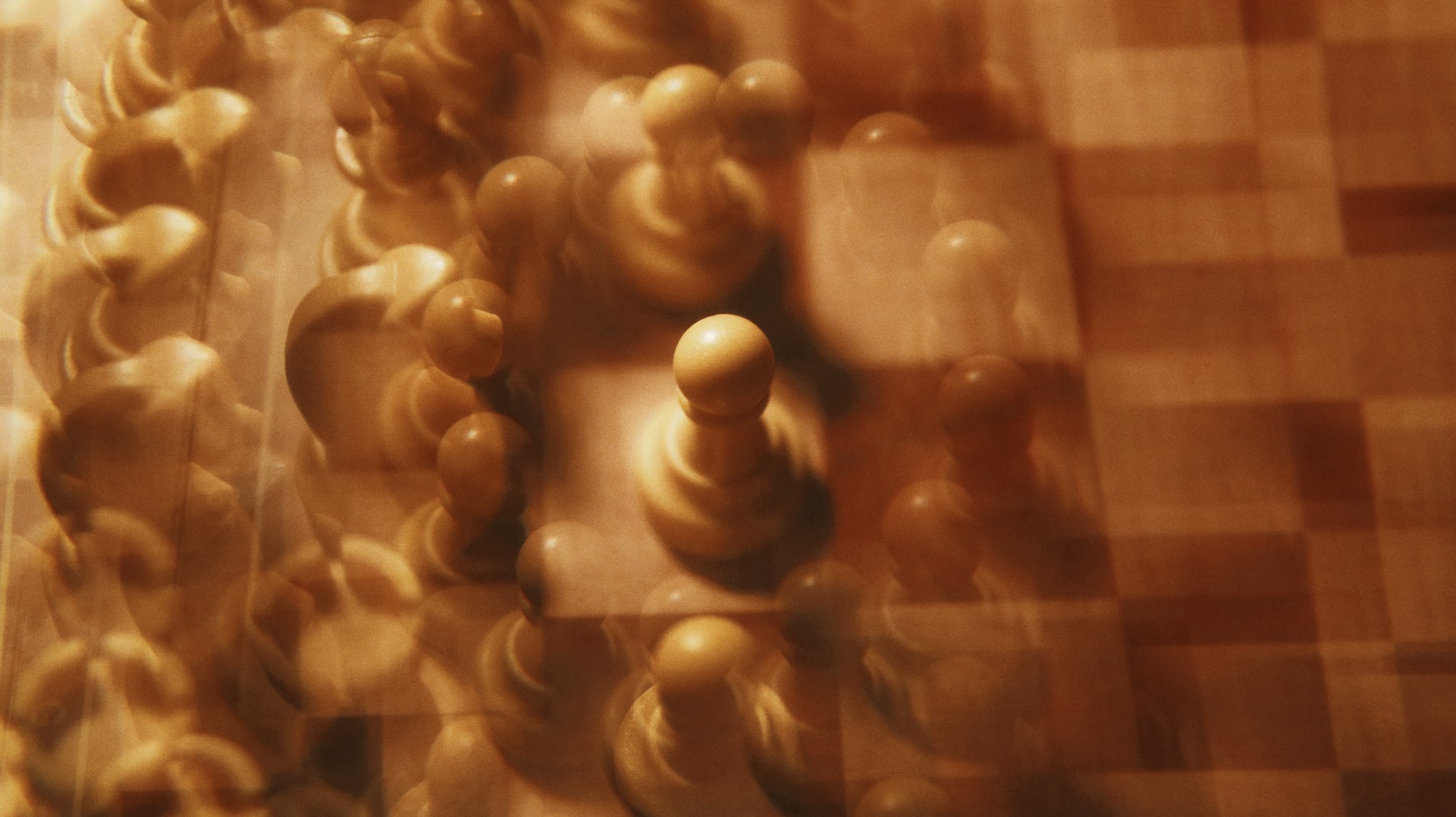
Is chess considered a sport? The old squabble.
Although the International Olympic Committee has officially recognized chess as a sport since the year 2000, opinions remain split. Some individuals believe it should be classified as a sport, while others disagree. Both sides have good points to make, but let’s start from the beginning. What distinguishes a sport from another sport?
Let’s examine what different dictionaries have to say. “An activity requiring physical exertion and skill, esp. (especially in modern use) one governed by specific rules or traditions in which a person or team competes against another or others,” according to the Oxford dictionary.
“A game, competition, or activity requiring physical effort and skill that is performed or done according to rules, for fun and/or as a career,” according to the Cambridge dictionary.
Although various sources have somewhat varied definitions, they all agree on a few things: a sport demands skill and physical aptitude, is competitive, and is played according to a set of rules. While there is no dispute that chess demands a high level of skill, is played competitively, and has a complex set of rules, the discussion centers on whether chess also necessitates physical exertion, as defined by the Oxford dictionary. But we’ll get to that later.
Because chess is also referred regarded as a “game,” let’s look at what a game is and where the line between sport and game is drawn.
The distinction between a sport and a game
Let’s start with the definition of a game, which may be found in the same dictionaries mentioned before. A game, according to the Oxford definition, is “an activity that you perform to have fun, usually one that contains rules and that you may win or lose.” The Cambridge dictionary agrees, describing board games as “an amusing pastime or sport, especially one performed by youngsters, or the equipment required for such an activity.”
Chess is a board game where everything related to chess openings, which leads to the question of whether it is a game or a sport?
The goal of the two definitions (sport vs. game) is one distinction. Sports are competitive, whereas games are intended to be a friendly encounter and are played for pleasure and fun. Consider chess: even if a game is not played as part of a competition and is simply a friendly game between friends, competitiveness exists. The two opponents compete against one another, each hoping to win. Nowadays, the two titles are frequently used interchangeably, but the major distinction between them is that sports demand some form of physical exertion, whereas games do not.

Is chess considered as a sport?
Chess is recognized as a sport by the International Olympic Committee, despite the fact that it is not one that is played in the Olympics. Let’s have a look at why chess is considered a sport:
- It need expertise. This is one of the similarities between chess and sports. Every sport needs a set of skills, and each athlete works to master the ones required for their particular branch. This happens in chess as well. People improve by practicing again and over. Top players must devote many hours to studying all aspects of the game, including the openings, middlegames, and endgames. Every chess player who wants to compete and progress must study and master openings, tactics, typical sacrifices and offensive ideas, fundamental strategic concepts, and, last but not least, the various types of endgames and their basic laws.
- It is a competitive environment. When it comes to the game, each participant has a strong desire to win. This ambition is clear in a tournament; each player wants to win the huge prize. You’ll also get some well-earned rating points as a bonus. Even when playing casual games, each participant, without a doubt, wants to make a point.
- It follows a set of guidelines. Chess is obviously governed by rules — each piece moves in a certain way, there are unique movements, and the goal is to checkmate the opposing king. Aside from that, there are some etiquette and competition regulations to follow. Players are expected to follow a dress code and have a courteous attitude toward one another, especially in FIDE competitions.
I’ve put the physical effort section last because it’s where the dispute starts. The majority of chess players feel that competing in a tournament is tiring. It’s not as simple as “sitting at the chessboard and pushing the pieces about.”
You must do this for several hours at a time, putting in a great deal of effort in finding (or at least attempting to discover) the greatest moves at all times. I can tell you from personal experience that a long game of chess is psychologically draining.
This weariness only grows as the competition progresses. This is why many top players (and not alone) have realized the importance of and use of physical training for chess players. It increases stamina and helps you better manage the tension and exhaustion of a competition.

Why isn’t chess seen as a sport?
I’m going to skip forward to the “physical exertion” section. Although chess demands a great deal of cerebral strain, it does not necessitate any physical exertion. This one is confined to simply moving the pieces around, which is clearly not exhausting. You do not get physically exhausted; rather, you become psychologically exhausted.
And, let’s say, by the end of a one-week tournament, this can translate to weariness, significant calorie expenditure, and even weight loss.
It’s true that getting in shape helps you prepare for lengthy, arduous tournaments, but it doesn’t necessarily make you a better chess player. Chess may be improved through studying. Without learning chess, even a well-trained, ripped athlete will not become a World Champion.
Similarly, I’m confident that a somewhat out-of-shape Magnus Carlsen will not become a patzer. He’ll still be quite powerful, but he’ll tire out quickly in a tournament, which will reflect in his performances.
